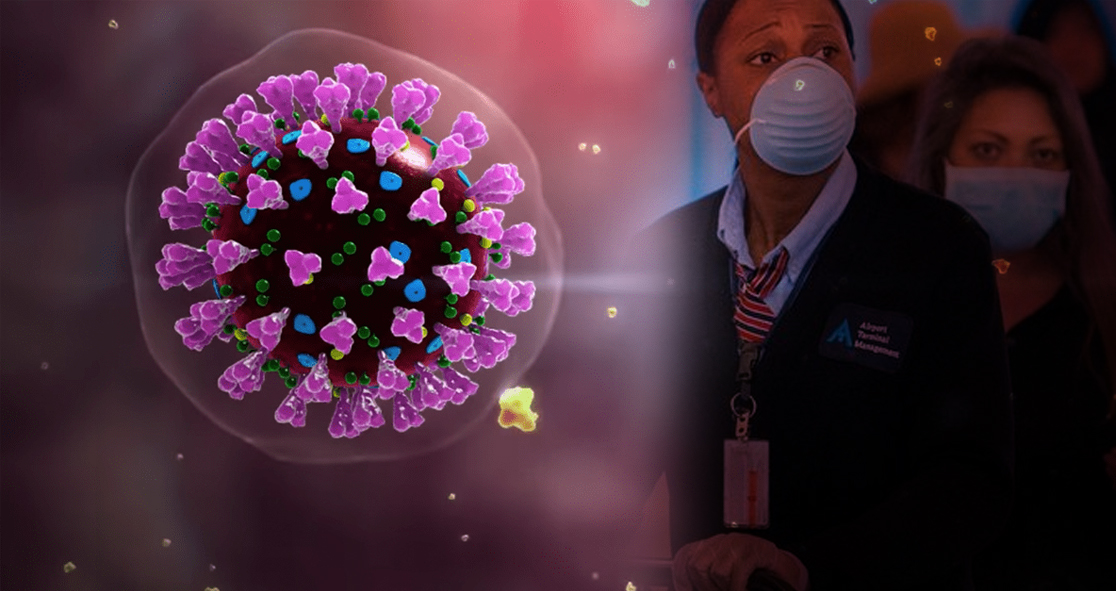On Thursday, Dr. Anthony Fauci, head of the National Institute of Allergy and Infectious Diseases (NIAID), said American has failed to meet the capacity for COVID-19 testing.
He said, “The system is not really geared to what we need right now. That is a failing. Let’s admit it.”
Dr. Fauci said, “The idea of anybody getting it easily the way people in other countries are doing it, we’re not set up for that. Do I think we should be? Yes. But we’re not.”
So far, the CDC reported that it had tested just over 11,000 specimens for the virus, far lesser than other countries. South Korea, on the other hand, is testing around 20,000 patients a day, the BBC reported.
Meanwhile, a study published Wednesday in The Lancet has found that the coronavirus lived in the respiratory tract for some patients for up to five weeks. Some received antiviral drugs but the medications failed to shorten the virus’ lifespan.
The study conducted by 19 doctors analyzed the medical records of more than 190 patients in China. They also looked at laboratory data of 137 coronavirus patients who were discharged and 54 patients who died.
The doctors found that the virus lived up in the bodies of severely ill patients for an average of 19 days. In critically ill patients, the virus lived up to an average of 24 days.
Overall, they detected the virus in the body for 20 days. The virus was detectable in the respiratory tracts of patients who died.
The study found that the shortest length of time the coronavirus lived in the respiratory tract of survivors was eight days. In some cases, the virus persisted in the body for as long as 37 days.
The authors wrote, “This has important implications for both patient isolation decision making and guidance around the length of antiviral treatment.”
Dr. David Agus, CBS News medical contributor, said, “This is an important study to understand the medical course of patients who have symptomatic cases of Covid-19 infection. I would be very cautious to use these data to quantify periods of being infectious. This information has yet to be determined definitively.”























